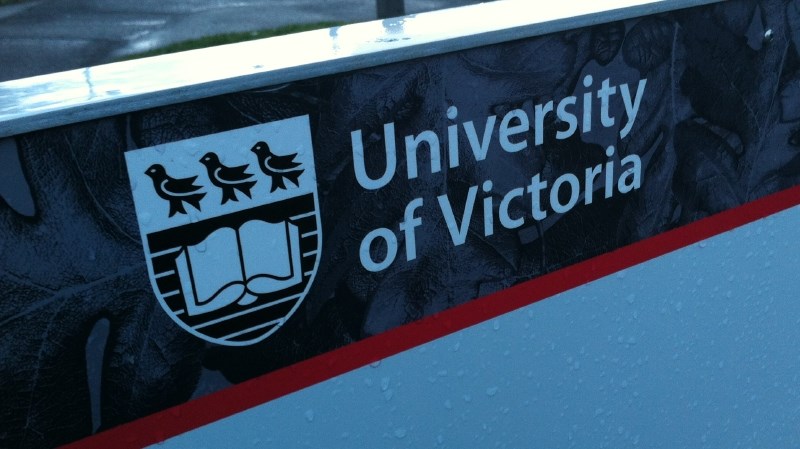First Nations and Métis laws will start to take their place alongside common law as UVic offers the world’s first degree in Indigenous law, a new program identified in the 2018 B.C. budget.
Val Napoleon, the Law Foundation chair in Aboriginal Justice and Governance and a law professor at the University of Victoria, said it’s a new beginning to have Indigenous law taught formally and critically in a university law school.
“We are just so thrilled and excited about it,” said Napoleon, a member of the Saulteau First Nation.
The new program, announced Wednesday, combines two professional degrees: one in Canadian common law and one in Indigenous legal orders.
Tuesday’s provincial budget included $2 million in funding for the program.
Napoleon said she and her colleagues have been working in partnership with First Nations communities to research and restate Indigenous laws. Most of them are based on the same principles of justice and fairness upon which common law stands.
“We had voluntary and involuntary obligations in our legal orders, and that’s equivalent to legal contract,” she said. “We also had personal injury, and that’s equivalent to torts.
“We also had how to respond to harms and injuries, and that’s equivalent to criminal law. And we had constitutional and governance laws, which we also have in Canadian law.”
The expected yearly intake is 25 students, with studies beginning this September.
In 10 years that’s 250 lawyers, all of them skilled, trained and capable of negotiating Canadian common law and Indigenous law, said Jeremy Webber, UVic dean of law.
Webber said all those lawyers will be completing their studies at a pivotal moment.
“We are at a point where First Nations are moving toward the exercise of very significant powers.”
He said a long-standing demand from First Nations is more power in governing their own affairs. The new UVic program aims to adjust legal education in ways that will support those aspirations.
Webber doesn’t see lawyers arguing Indigenous law versus Canadian common law in courts.
Instead, he believes Indigenous communities will establish new institutions for government, commercial enterprises and social well-being that operate according to rules that reflect their laws, principles and values.
That could mean businesses operating in ways that reflect Indigenous views of the land and its waters, governments that respect First Nations’ protocols, or child-welfare rules that take note of family relationships and ties.
Indigenous peoples “want the rules that govern their lives to be responsive to the principles that they view as important,” Webber said.
“The idea behind this new program is to empower lawyers, especially Indigenous lawyers and lawyers working with Indigenous communities, to do that as effectively as possible.”



